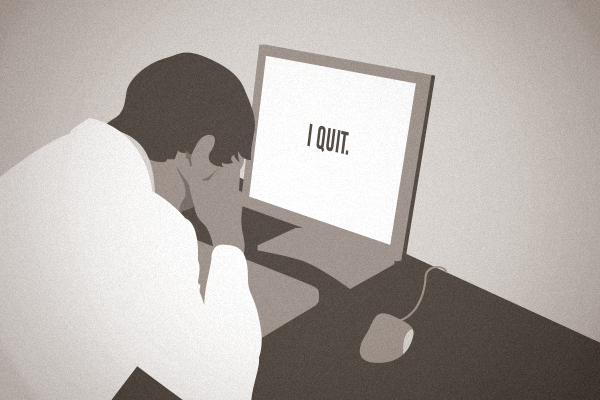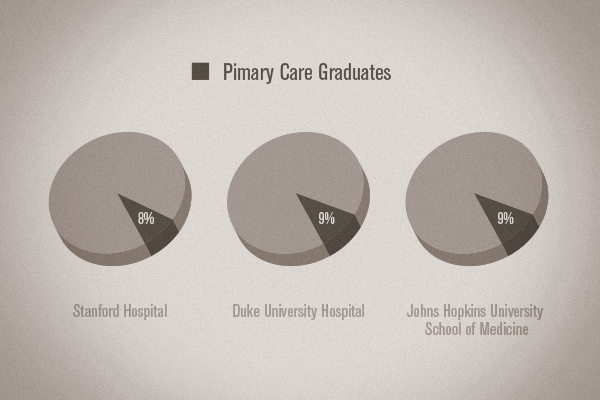As physicians and healthcare providers around the country continue to see success with their Direct Primary Care endeavors, they’re spreading the word. Sometimes it’s through social media. Other times it’s through speaking engagements. And yet other times, as is the case with Dr. James Breen, it’s digging deeper into areas previously untapped by DPC. His new blog explores something called Academic DPC:
Academic DPC is the brainchild of Dr. James Breen, an academic family physician with a clinical background in both rural and urban Federally-Qualified Health Center (FQHC), multi-specialty and academic practices. This site is an attempt to address the ‘blind spot’ that DPC currently holds in the world of academic medicine, offering a host of information, links and resources to help academic physicians and trainees grow in their knowledge of Direct Primary Care.
Thus, the mission of Academic DPC is twofold:
1. To foster awareness of Direct Primary Care in medical education and to support DPC curricular development among academic physicians and learners; and
2. To assemble a community of academic and community physicians and other educators, as well as residents and medical students, who share a common interest in Direct Primary Care.
So let’s cheer Dr. Breen on as he continues to enlighten people in academia about the immense benefits of Direct care!

